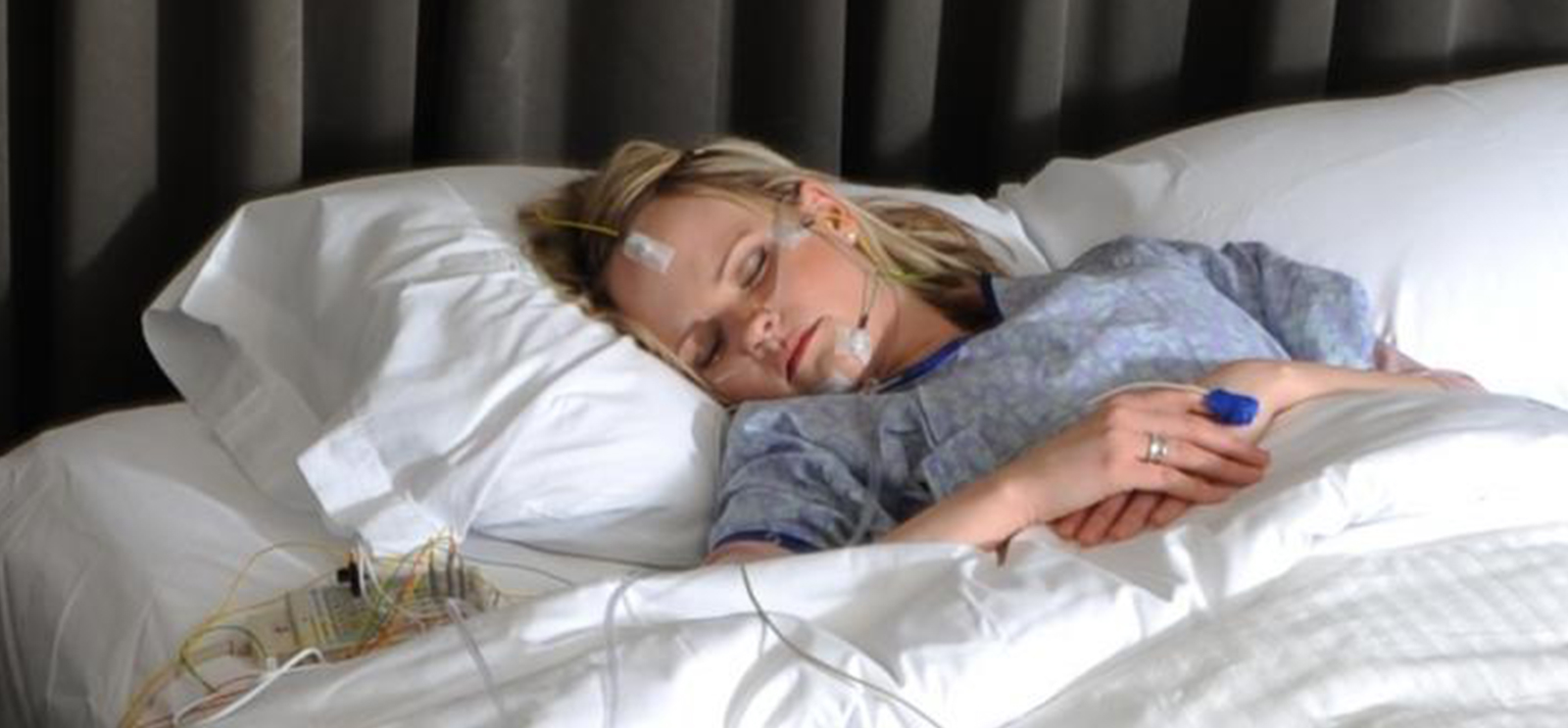
Misconduct in the financial advising industry goes unpunished; hit the snooze button on weekends to reduce diabetes risk; a rage disorder has a newly discovered physiological marker; believers in psychic phenomena are happier but less analytical than skeptics.
Money mismanagement
Misconduct in the American financial advising industry goes unpunished—and in some cases, it’s rewarded, according to associate professor of finance Gregor Matvos; Amit Seru, the Dennis and Karen Chookazian Professor of Finance; and the University of Minnesota’s Mark Egan, AM’12, PhD’15.
The large-scale study, which used data from the Financial Industry Regulatory Authority (FINRA), shows that at some top financial advising firms, almost 20 percent of advisers had been disciplined for misconduct, such as providing unsuitable advice, misrepresentation, and unauthorized activity.
The results also revealed that 50 percent of advisers who commit misconduct keep their jobs, and nearly half of those who are fired remain in the financial services industry. The 7 percent of all financial advisers who have been disciplined for misconduct or fraud are five times more likely to engage in new misconduct. This pattern of repeat offenses suggests that some firms “‘specialize’ in misconduct,” the researchers write in the working paper, available through the Social Science Research Network.
You snooze, you win
Sleeping in on weekends could reduce diabetes risk, according to new research published in March’s Diabetes Care. Authored by Josiane Broussard, PhD’10, now of the University of Colorado, Boulder; senior biostatistician Kristen Wroblewski, SB’00, SM’01; research nutritionist Jennifer Kilkus; and Esra Tasali, associate professor of medicine, the study builds on research showing that sleep restriction increases diabetes risk almost as much as obesity does.
But “catch-up” sleep may curtail these effects.
Researchers studied 19 healthy young men after four days of normal sleep, four days of sleep restriction, and two days of extended sleep. The weary volunteers’ insulin sensitivity and diabetes risk spiked when they were sleep deprived, but returned to normal levels after they caught up. Hitting “snooze” on Saturday isn’t a cure-all, the authors caution. Lack of sleep is associated with many other health hazards.
Gray matters
Many of us lose our temper from time to time. But for the estimated 16 million Americans affected by intermittent explosive disorder (IED), characterized by sudden outbursts of emotion disproportionate to the inciting stress, almost anything can be a trigger.
New research led by Emil Coccaro, the Ellen C. Manning Professor and Chair of Psychiatry and Behavioral Neuroscience, and published in the January issue of Biological Psychiatry: Cognitive Neuroscience and Neuroimaging, has discovered that IED is a brain disorder with a clear physiological marker, not a personality disorder.
The researchers performed MRIs on 168 individuals: 57 subjects with IED diagnoses, 53 healthy control subjects, and an additional 58 control subjects with other psychiatric diagnoses. The brains of those suffering from IED were marked by diminished gray matter volume in the frontolimbic region, an area that plays a key role in controlling emotions. This research illustrates that “IED is not simply ‘bad behavior’ that requires an attitude adjustment,” according to Coccaro.
Psychic psychology
A study in the October Memory and Cognition shows psychic believers score lower in analytical ability but higher in overall life satisfaction than demographically similar skeptics. Doctoral student Stephen Gray, AM’13, and David Gallo, associate professor of psychology, compared the cognitive abilities of skeptics and believers, hoping to understand Americans’ belief in phenomena such as extrasensory perception and telepathy.
While the two groups did not differ in their performance on memory tasks, skeptics outperformed believers on tasks involving analytical and logical thinking. Both groups responded to questions about satisfaction with their lives and future potential, revealing believers’ rosier outlook. Seventy percent of believers reported that friends and family shared their views, demonstrating the importance of noncognitive factors in psychic belief.
